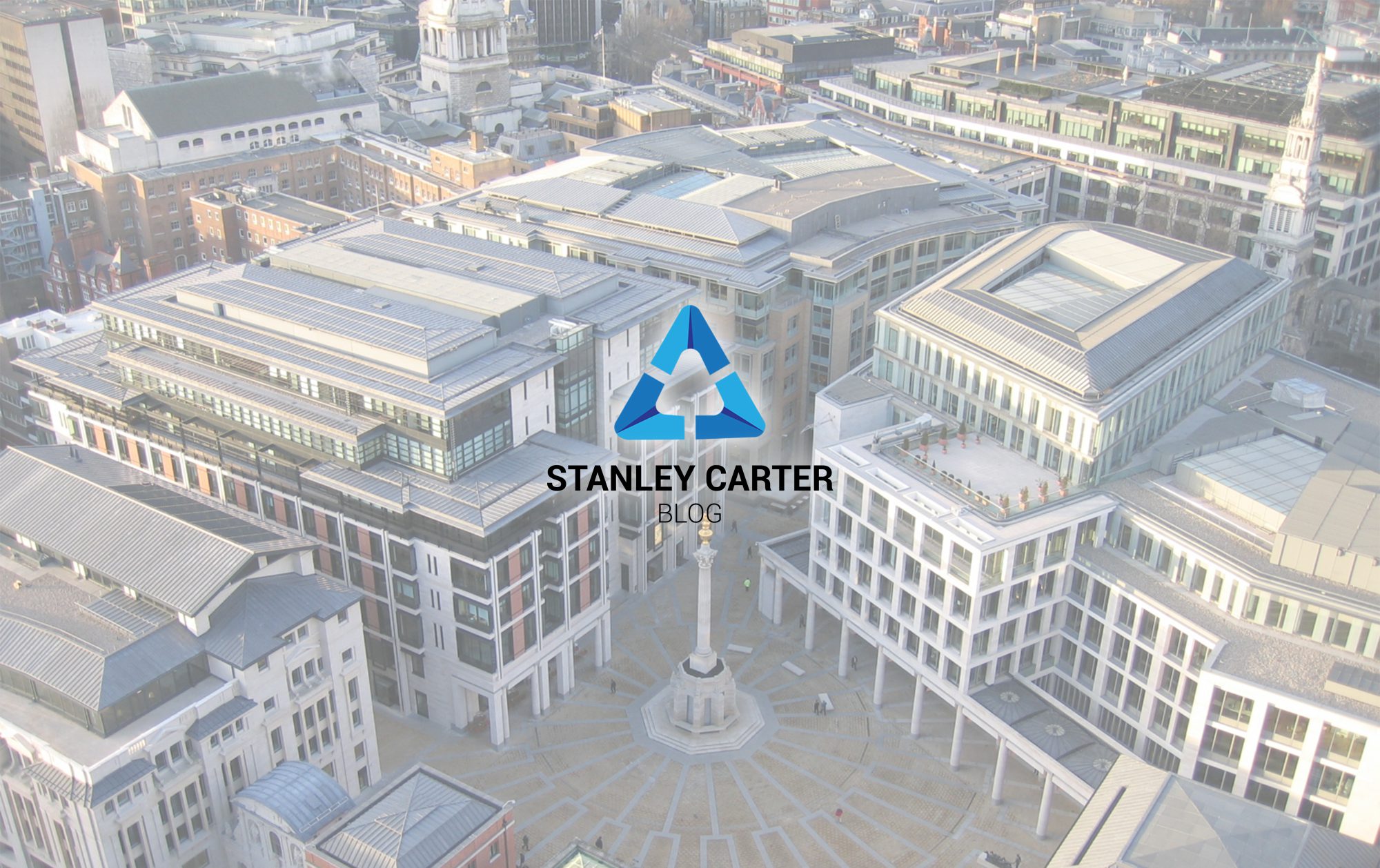November’s last year the Finance Act introduced two major changes to the use of corporation tax losses both of which were effective from 1 April 2017.

A restriction on the amount of brought forward losses which can be offset in any one year
A relaxation allowing carried forward losses to be used more flexibly. The restriction should only impact the largest companies and groups – an annual deduction allowance enables up to £5m of profits per company or group to be offset by brought forward losses each year before any restriction. By contrast, the relaxation applies equally to all sizes of company. This represents a win-win scenario for small companies and groups, who can benefit from increased flexibility as to the use of their losses going forward without suffering from the restriction.
We will look here at some of the practical things to consider when it comes to preparing tax accounts and corporation tax returns under the new rules. It should be noted that the measures set out here apply to corporation tax losses only; there are no corresponding changes to the treatment of income tax losses for the self-employed.
New relaxed carry forward rules
From 1 April 2017:
Trade losses can be carried forward against total profits of the company, and not just profits of the same trade.
Non-trading loan relationship deficits (NTLRDs) can be carried forward against total profits of the company, and not just non-trading profits.
Certain carried forward losses may be available for group relief, including trading losses, non-trading losses on intangible fixed assets, management expenses, NTLRDs and property business losses. There are however some terms and conditions to be aware of. Importantly all of these relaxations only apply to losses arising on or after 1 April 2017 (“post-April 2017 losses”). Losses arising before this date (“pre-April 2017 losses”) continue to be subject to the previous rules for relief. There are a number of conditions which must be met for post-April 2017 trade losses to be set off against total profits, including:
The company must continue to carry on the trade in all subsequent accounting periods up to and including the one in which the losses are offset.
The trade must not have become small or negligible in the loss making period.
The trade must be commercial or carried on for statutory functions (e.g. a marketing board created by statute) in both the loss making period and period of set off. If these conditions are not met, it may still be possible to set the trade losses off against profits of the same trade under the old loss relief rules, or, where the trade has ceased, claim terminal loss relief. There are also a number of terms and conditions around group relief for carried forward losses, including:
A company can only surrender carried forward losses as group relief if they cannot be deducted from its own profits in the accounting period.
A company cannot claim carried forward losses as group relief if it has its own carried forward losses which it could set off. As with any relaxation in tax, the new rules on carried forward losses are accompanied by a host of new and updated anti-avoidance provisions, including:
- A new Targeted Anti-Avoidance Rule (TAAR).
- New and strengthened rules to preventloss-buying.
Practical considerations
The application of the new rules is relatively straightforward if a company had no carried forward losses at 31 March 2017. Any losses incurred after this date can potentially be relieved against total profits or group relieved, subject to the restrictions noted above.
However, if a company had losses carried forward at 31 March 2017 these will continue to fall under the old loss relief rules, and will therefore have to be tracked separately to any later losses.
Where a company has an accounting period which straddles 1 April 2017 then the periods falling before and after that date are treated as two separate accounting periods. Special commencement and apportionment rules apply, which are described in detail in HMRC’s draft guidance. There are also changes in the way claims for carried forward losses operate under the new rules, including:
If trade losses are carried forward against profits of the same trade (typically because they are pre-April 2017 losses) then relief is automatic, but a claim can be made to dis-apply this.
Where carried forward losses are set against total profits, the company must make a claim for the relief. It should be noted that, although the restriction on the set off of carried forward losses will only affect the largest companies, new compliance rules require all companies to specify the amount of their annual deduction in their corporation tax return and groups to nominate the member responsible for allocating the deduction. Finally, the new relaxed rules may provide an opportunity for companies to recognise more deferred tax assets. For example, before April 2017, a deferred tax asset may not have been recognised in respect of carried forward trading losses if the company had no prospect of making future trading profits against which it could be utilised. There may now be the potential to recognise a deferred tax asset for post-April 2017 losses if the company has other income or is a member of a group.
If you need help preparing your tax return or corporation tax contact us 01612056655 or send us an email info@stanleycarter.co.uk or check our website for further details www.stanleycarter.co.uk



